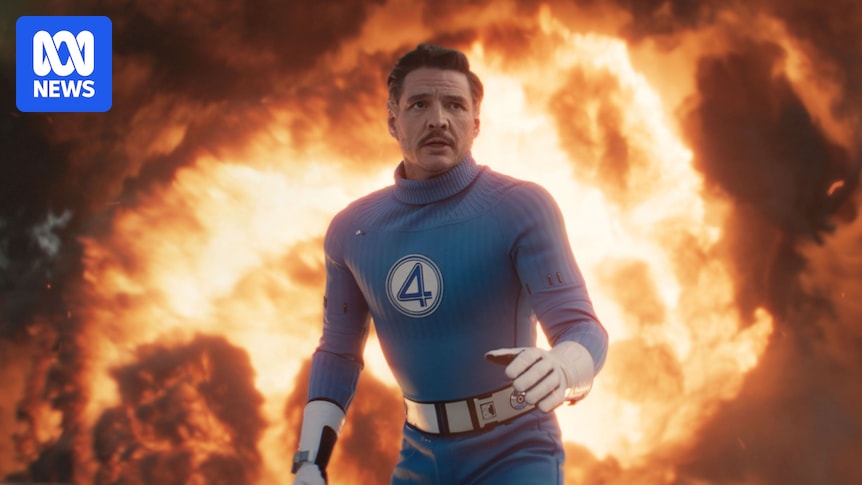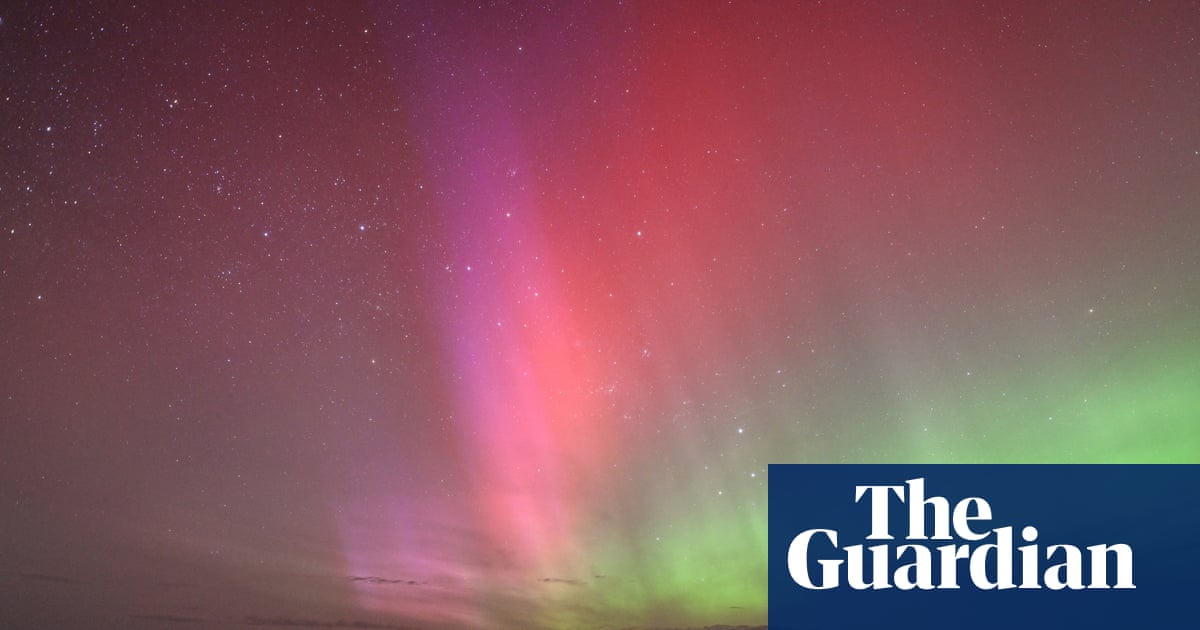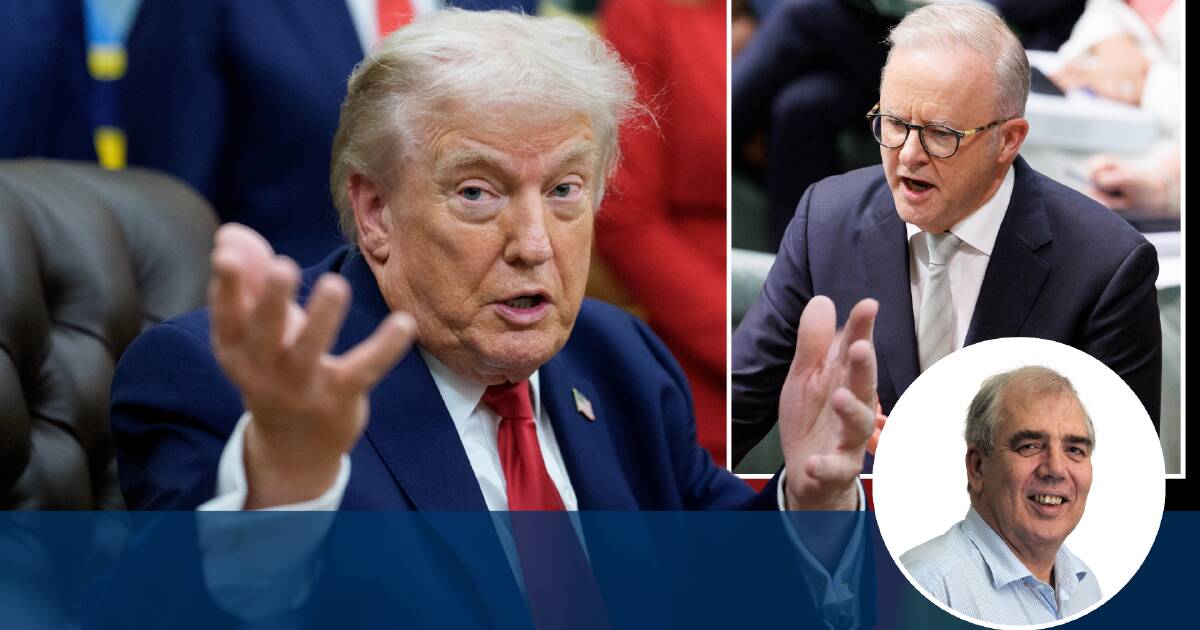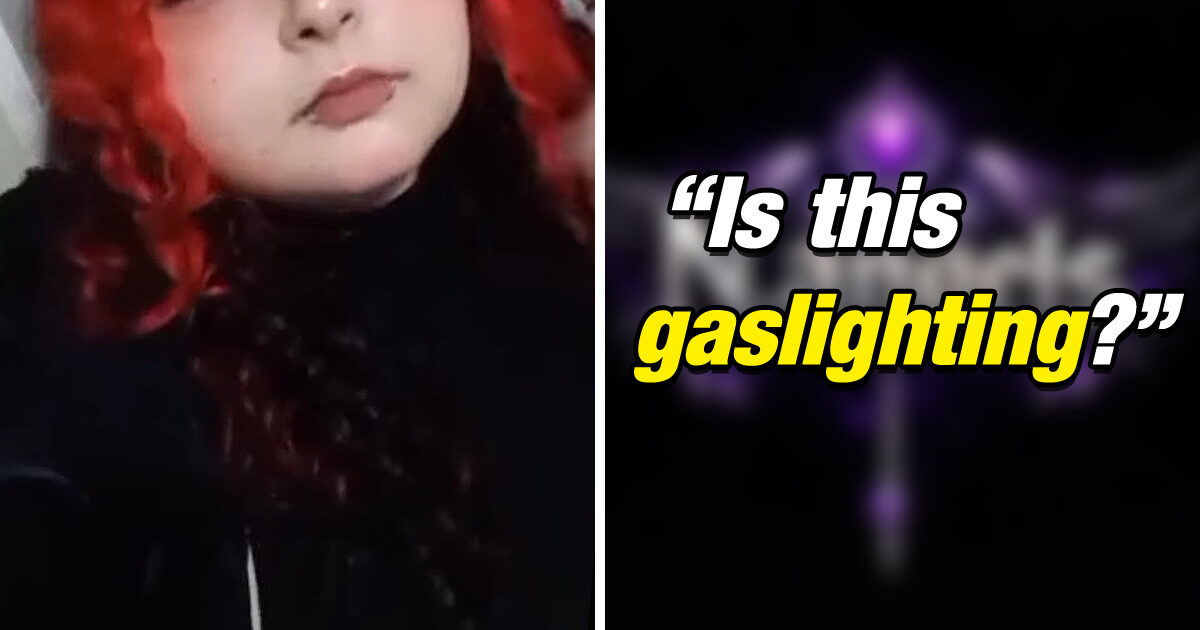
In the current cinematic landscape, superhero films are tasked with more than just saving the world; they are expected to rejuvenate a genre that has become a cornerstone of modern entertainment. Fantastic Four: First Steps, the 37th installment in the Marvel Cinematic Universe (MCU), marks the beginning of its sixth phase, although the significance of these phases has become increasingly nebulous.
The film introduces audiences to a team of brilliant, super-powered scientists who must thwart a planet-eating threat. Starring Pedro Pascal, Vanessa Kirby, Joseph Quinn, and Ebon Moss-Bachrach, and directed by Matt Shakman, the movie is currently showing in cinemas. Despite its sleek 1960s aesthetic, it leaves viewers feeling less than optimistic.
A Fresh Start for the Fantastic Four
Much like the recent reintroduction of Superman, Fantastic Four: First Steps aims to reset the narrative for a franchise weighed down by behind-the-scenes turmoil and declining box office returns. The film eschews traditional origin stories, instead immersing audiences in the early careers of its heroes as they confront their first major challenge.
Set in a utopian dimension that parallels the ongoing MCU continuity, the film transports viewers back to the 1960s. This era is brought to life through the visionary work of production designer Kasra Farahani, who crafts a space-age world filled with monorails, tube TVs, and flying cars, all rendered in vibrant colors.
The Characters and Their World
In this alternate reality, the Fantastic Four are not just superheroes; they are the primary governing body of the world following an interstellar expedition that exposed them to cosmic rays. This encounter transformed Reed Richards (Pedro Pascal) into a shape-shifter, Sue Storm (Vanessa Kirby) into an invisible force field generator, Johnny Storm (Joseph Quinn) into the Human Torch, and Ben Grimm (Ebon Moss-Bachrach) into a sentient rock pile.
“[Moss-Bachrach is] the softest, loveliest human, but with that slightly gruff exterior, a New Yorker through and through — he is Ben Grimm,” Shakman told Variety.
The film opens with the announcement of a new team member: a super-powered child gestating in Sue’s womb. This development introduces a layer of familial anxiety, as Reed grapples with the challenges of impending fatherhood in a world rife with threats.
Confronting Cosmic Threats
The narrative takes a dramatic turn with the arrival of the Silver Surfer, portrayed by Julia Garner. This chrome-dipped alien heralds the approach of Galactus, a planet-devouring entity voiced by Ralph Ineson. The Fantastic Four’s mission to avert Earth’s destruction comes at a steep personal cost, raising questions about the film’s underlying themes.
“Use this time to rejoice and celebrate, for your time is short,” she helpfully advises.
The film’s focus on family dynamics, particularly the protection of the nuclear family, invites critique. Some may view it as regressive, especially when juxtaposed with earlier superhero narratives that explored the darker implications of vigilantism.
Balancing Humanism and Spectacle
Despite its attempts to humanize its characters, Fantastic Four: First Steps often sacrifices depth for spectacle. The film’s pacing rushes through plot points, leaving little room for character development. Vanessa Kirby’s portrayal of Sue Storm stands out as she navigates her role as a protective mother, but the script offers limited exploration of the team’s dynamics.
Pedro Pascal’s Reed Richards, while compelling, feels underdeveloped, and the film struggles to showcase his potential as a leading man. The film’s visual style, though initially captivating, falters in its execution of action sequences and special effects.
The MCU’s Future and Challenges
As the MCU continues to expand, Fantastic Four: First Steps highlights the challenges of maintaining freshness and innovation within a well-trodden genre. The film’s retro aesthetic and earnest tone offer a departure from the cynicism of past superhero films, yet they also underscore the limitations of the franchise’s formulaic approach.
The Marvel Cinematic Universe will, one day, come to an end — not because there is a shortage of worthy ideas accessible from its source material, but because Disney’s production-line approach to filmmaking gorges on comic book lore while spitting out idiosyncrasies.
Ultimately, Fantastic Four: First Steps serves as a reminder of the delicate balance between nostalgia and innovation. While it defies expectations in terms of style, it reveals the constraints of a cinematic universe that often prioritizes spectacle over substance.







